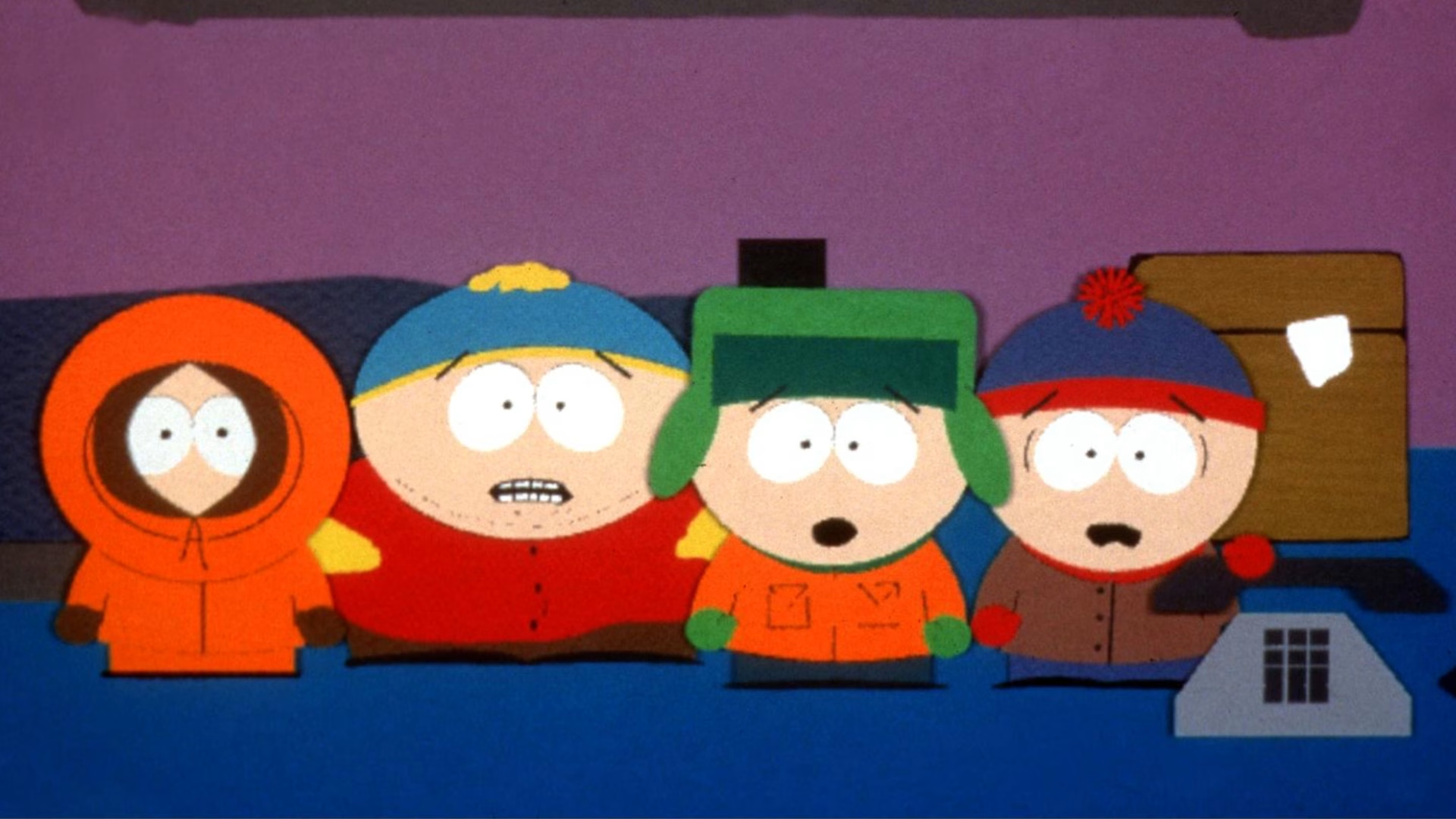German director Ulrich Köhler delivers a bold film in Gavagai, confronting both the process of filmmaking and today’s societal tensions. Set initially on a film shoot in Senegal adapting Medea, the story shifts to a Berlin premiere night disrupted by a racist incident, adding a new layer to the narrative. The film is both a meta-drama—cinema within cinema—and a political text exploring love, justice, and identity. Köhler’s signature calm yet jarring tone resonates in the characters’ silences.
A Love Story in the Shadow of Tragedy
In the heat of Senegal, two actors, Maja and Nourou, meet on a film set and quickly grow close. Their bond persists until the Berlin premiere, but a racist attack that night shakes not only their relationship but the ideals of the entire crew. Köhler weaves more than a love story, addressing Europe’s cultural contradictions. Drawing from an ancient tragedy, the film reflects today’s moral and social fractures, tracing a line from Medea’s rage to the quiet prejudices of the present.
Between Two Continents: A Tale of Visual Divide
Gavagai transitions from Senegal’s warm, vibrant hues to Berlin’s cold, gray atmosphere, mirroring the characters’ inner journeys. This visual contrast tells a story of moving from the intimacy of love to society’s detachment. Köhler’s camera carries a documentary sensibility: scenes in Senegal with non-professional actors pulse with life, while Berlin’s salons exude order, status, and aloofness. This contrast deepens the film’s political subtext, silently asking: Who is looking at whom, and why?
Moral Tension and Silent Reckonings
Gavagai offers no easy answers. Maja and Nourou’s love is caught in the crosshairs of race, class, and conscience. Köhler presents this tension with unflinching honesty, unsettling the audience. The Berlin gala scene is one of the most striking cinematic moments in recent years: silent, prolonged, almost unbearably real. The film’s heart beats not in the characters’ faces but in the spaces between words. Köhler demands patience from viewers, as every silence becomes a judgment, every glance an act of complicity.
Acting and Narrative Strength
Maren Eggert and Jean-Christophe Folly deliver understated yet powerful performances. Their chemistry carries both love and a quiet resentment. Köhler gives his actors room to breathe, amplifying the film’s emotional weight. While inspired by Medea’s deadly love, the film doesn’t confine its characters to tragedy—it quietly carries that tragedy into the present.
A Festival Sensation
Gavagai premiered at the New York Film Festival and later screened at the Zurich Film Festival. Critics have praised Köhler’s “courage in weaving the personal with the political.” Variety called it “a contemporary meta-drama on race, power, and morality,” while Cineuropa described it as “a bold exploration of personal and cultural boundaries.” Expected to feature in the Berlinale Panorama selection in early 2026, the film is considered Köhler’s most ambitious work to date.
Apartment No: 26 Note
Gavagai merges the language of ancient tragedy with today’s silent rage, creating a layered and daring film. Ulrich Köhler blends the warmth of love with the chill of prejudice in a single frame. Caught between Senegal’s light and Berlin’s shadow, this story is not just about two people but the collision of two worlds. The film leaves viewers with questions, not answers—because sometimes cinema is not about speaking but about staying silent.














